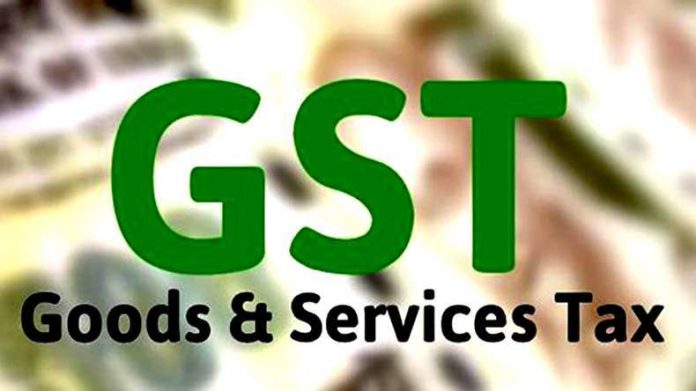In this article, By CA Jigar Shah, with inputs from Annkur P Agarwal discusses Five things to do before GST comes in.
As GST implementation date approaches it is time that businesses get ready for it. There are few important things that businesses need to take care of before the implementation date to be GST ready.
Understanding compliance requirements
GST is a compliance driven law, at least 37 returns are to be filed by regular assesses. There is a composition scheme which can be availed by specified categories of businesses. There are separate returns for Input service distributors, e-commerce operators and so on and so forth.
First step towards GST will be to understand the compliances which the business has to follow. Businesses would have to determine how many GSTN registrations their operations would need, which filings would be applicable to them along with their frequency and what channels to keep tab of for regular GST related updates.
Setting up processes in order to ensure compliance
Compliance in GST is very critical, primary reason for the same is that filings done by supplier will be cross verified with filings done by purchaser. Further, input tax credit (tax set off) of the purchaser is dependent on the filings done by supplier. The matching of invoices and reversal of input tax credit will be automated by GSTN (GST Network).
This calls for setting up of very strong internal control systems along with appropriate standard operating procedures in order to ensure accurate and timely filings of returns. Government is expecting that taxpayers would leverage technology to run their business like never before!
Training your staff and vendors for GST requirements
There is a huge shift in the indirect tax structure of our country. Everyone is required to unlearn and learn again everything from the scratch. It is very important that your staff, especially the finance department is ready to deal with new changes.
There are several easy ebooks, free & paid training modules and regular events conducted in every city. It is highly advised that accounting & finance staff within businesses should start attending these sessions as early as possible.
Given that delayed or erroneous filings by your vendors can affect your Input Tax Credits, it is advised to keep in sync with them on their preparedness for GST.
Getting the right compliance software
With so many returns to be filed and heavy repercussions of non-compliance, automation is the key. Finding the right compliance software will be the most critical activity that your organization will have to do. Software which is scalable, easy to use and the one which can do effective reconciliation of mis-matches shall be the right choice for the business. Most businesses would need two kinds of softwares for their GST needs, a GST compliant accounting software (say Tally) and a good GST returns filing & reconciliation software (eg: SahiGST).
With the formation of GSTN – which is a private body managing the technology backbone of GST in India, government has taken the tax system totally online & digital. This time around you should expect global standard products & tax compliance infrastructure.
Aligning with your tax filing professionals
In an independent survey it was seen that 22% of serious businesses do their indirect tax filings themselves. Leaving about 78% businesses to rely totally on CAs & other professional tax filers. It is expected that the number of companies filing their returns themselves would increase, partly due to effective digitisation by Government and partly due to increase of compliance process & reconciliation.
As compliance in GST increases, scope of work of your Chartered Accountant will also increase. Business will have to revisit their decision to have in-house accounting/processing of returns vs outsourcing it to a chartered accountant. Proper cost benefit analysis will have to be done before arriving at the decision.
Businesses that choose to do their filing themselves would need a strong domain backup from their CA to make sure they are compliant. And the ones choosing to outsource their work to a CA or tax professional would need to ensure that they are well aligned in terms of sharing data, managing reconciliations and keeping tab on input tax credits.
 Serato DJ Crack 2025Serato DJ PRO Crack
Serato DJ Crack 2025Serato DJ PRO Crack








 Allow notifications
Allow notifications



Very well chalked out.
Easy for laymen to understand.